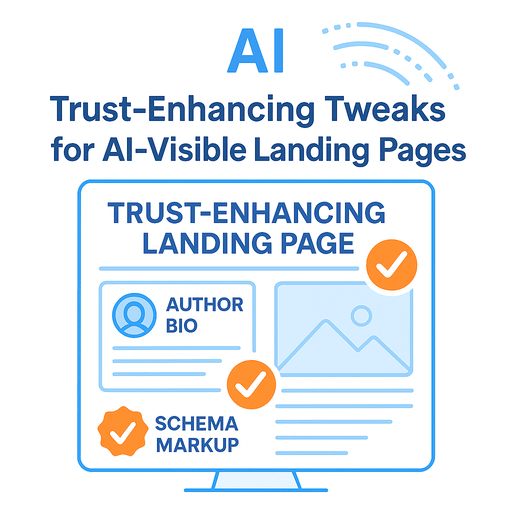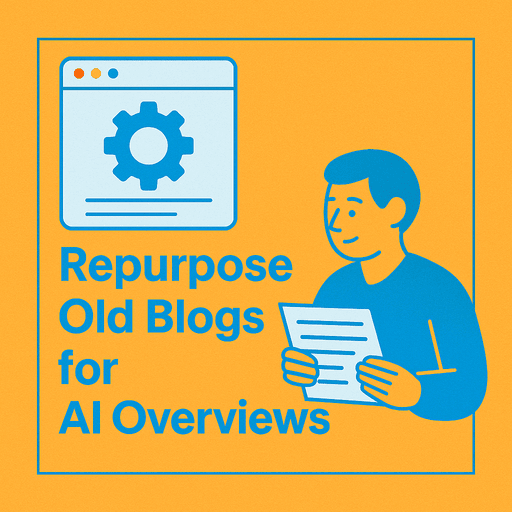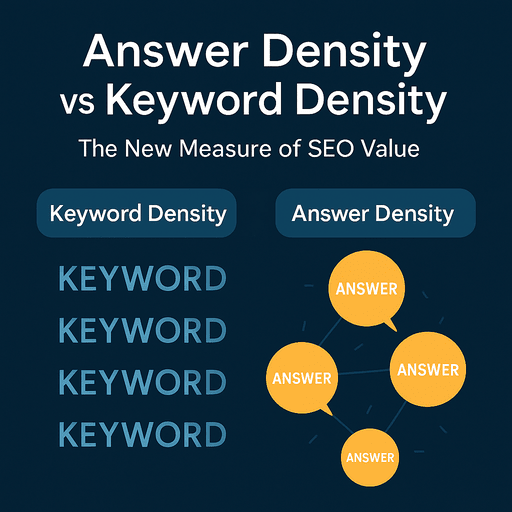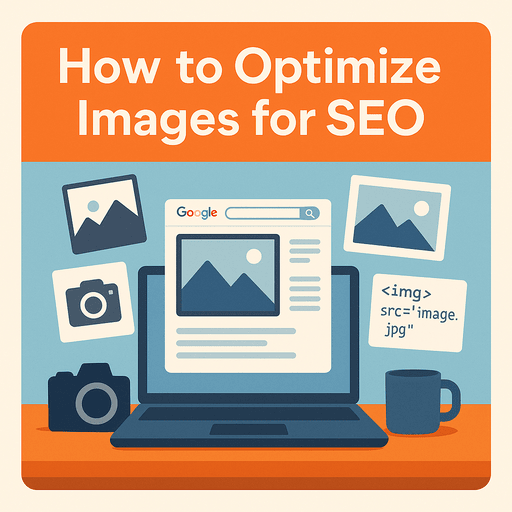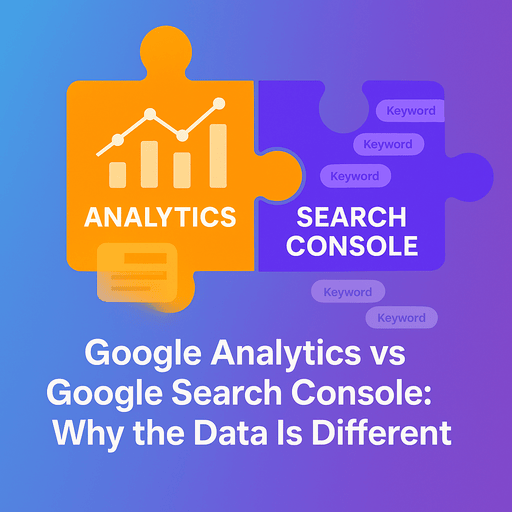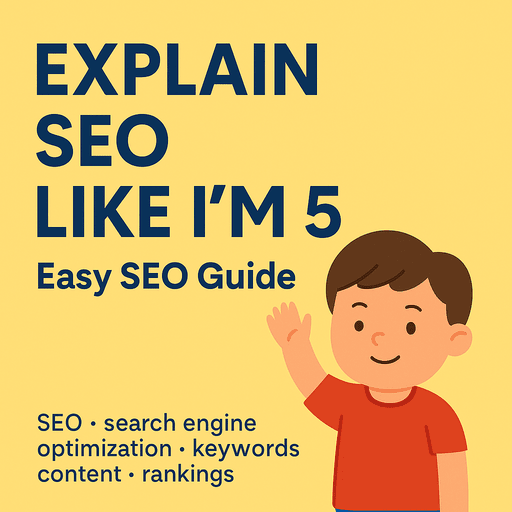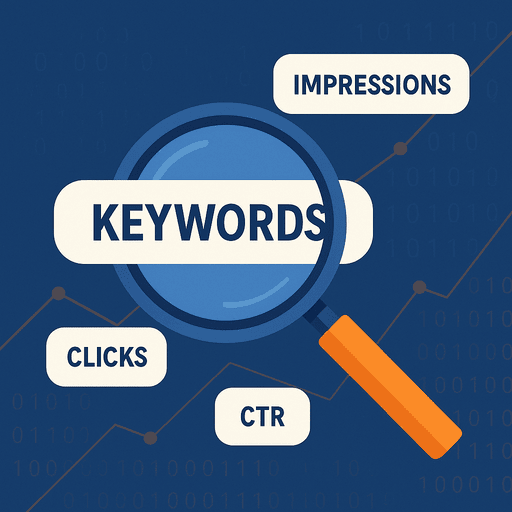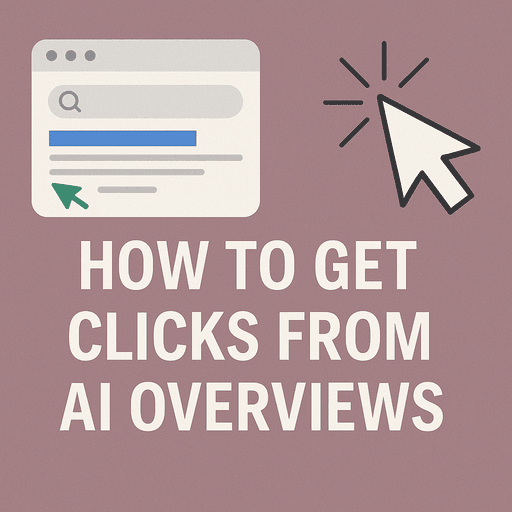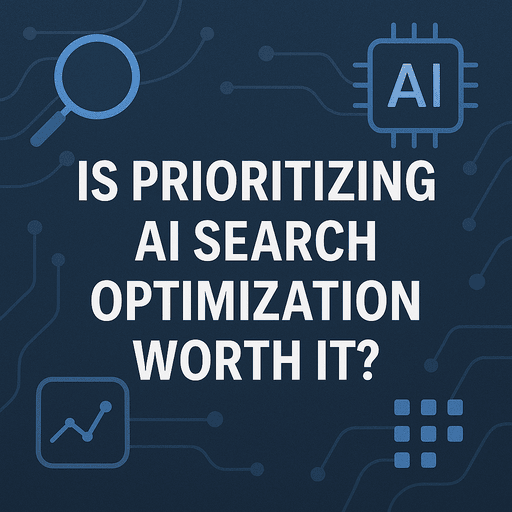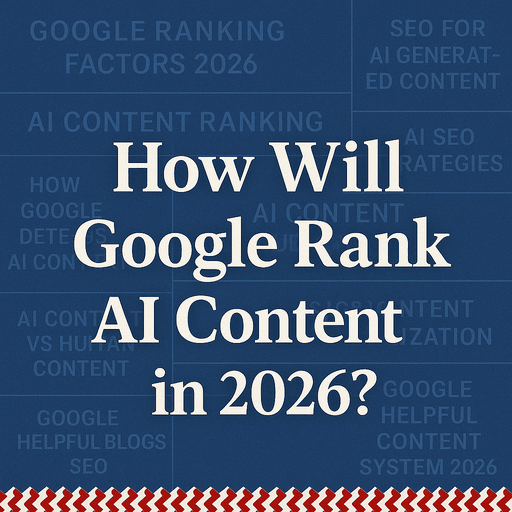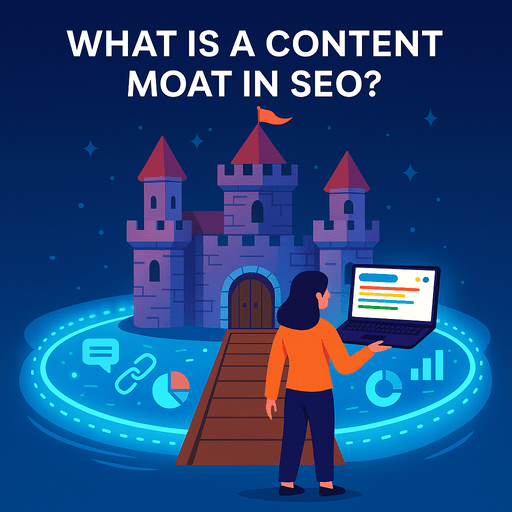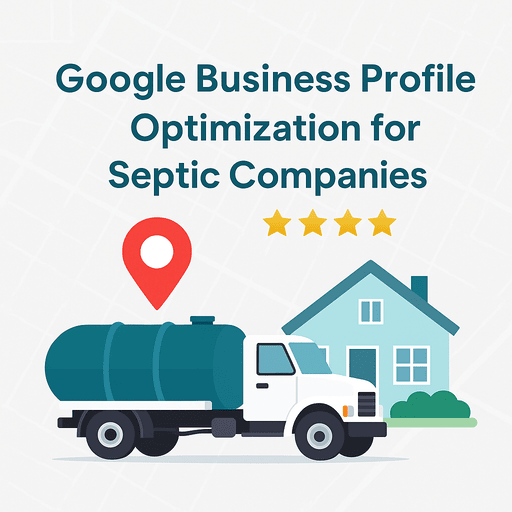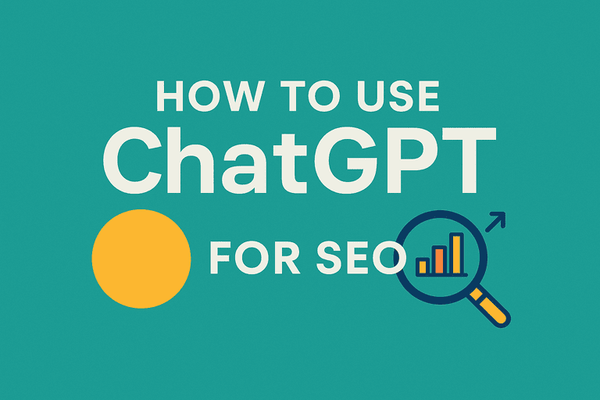

Welcome to My SEO Blog, where I share insights, strategies, and future-focused ideas from my work as an SEO content writer and strategist. Here you’ll find posts on everything from AI-driven search trends and Answer Engine Optimization (AEO) to local SEO case studies and content frameworks I’ve tested with real clients.
I write with two goals in mind:
To make complex SEO topics clear, actionable, and relevant for businesses and creators.
To push the conversation forward—exploring how search is changing in 2025 and beyond.
Whether you’re here for practical tips, in-depth guides, or contrarian takes on SEO’s future, this blog is designed to give you ideas you can use right away.
 Filters & Sorting
Filters & Sorting




